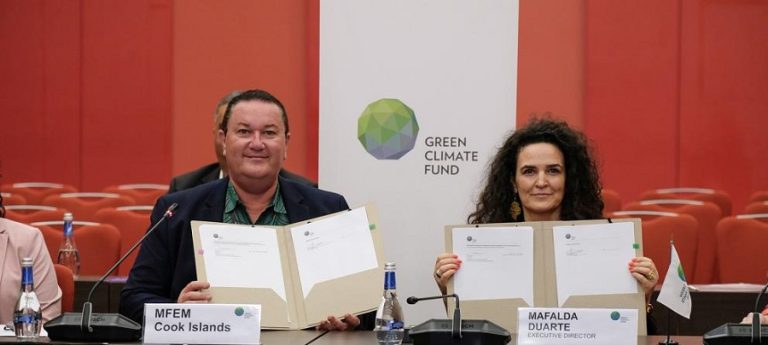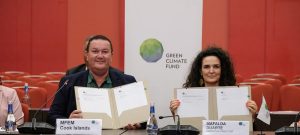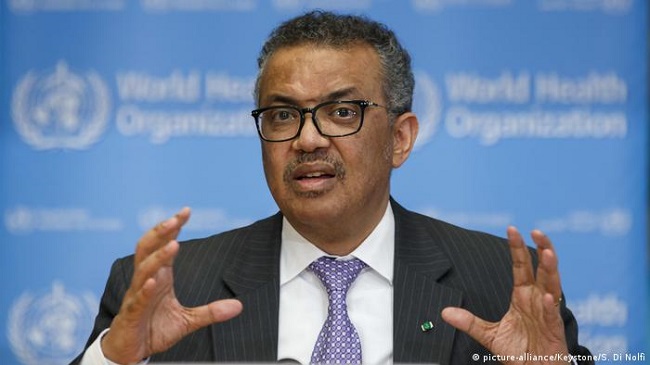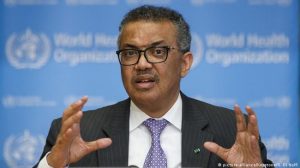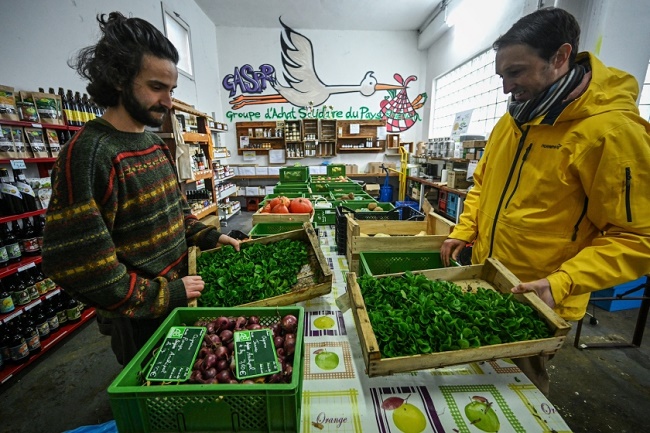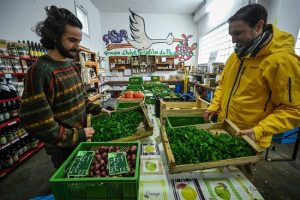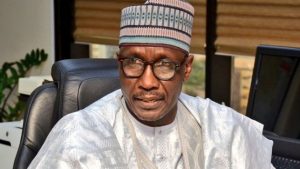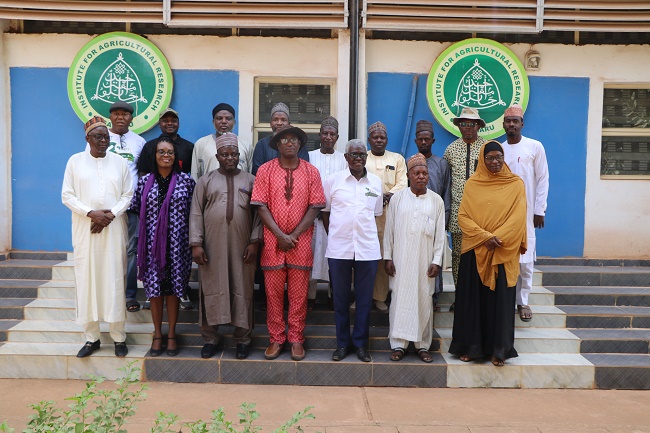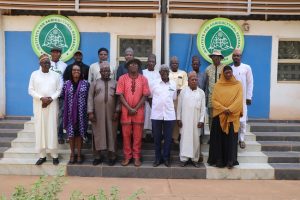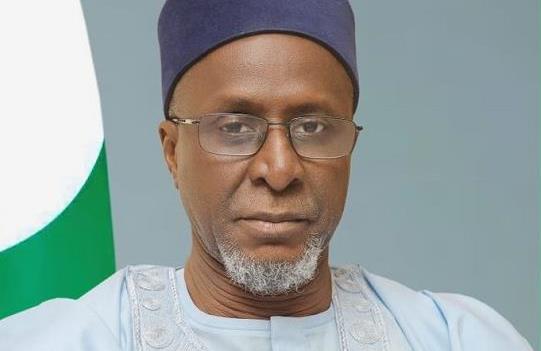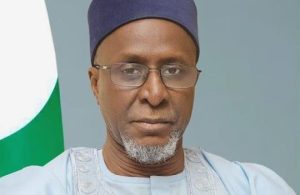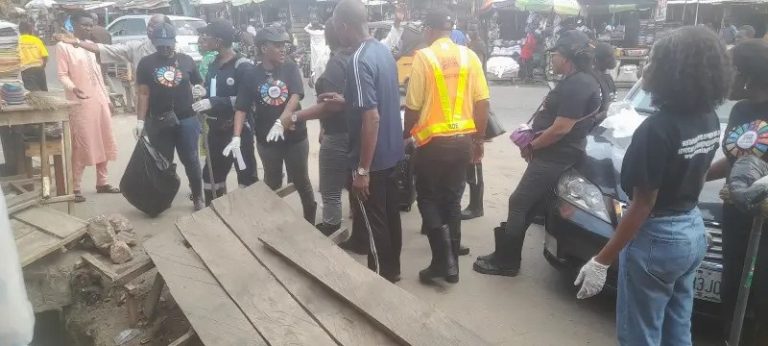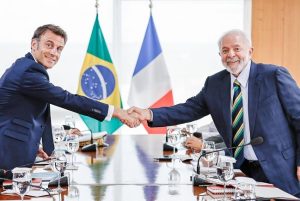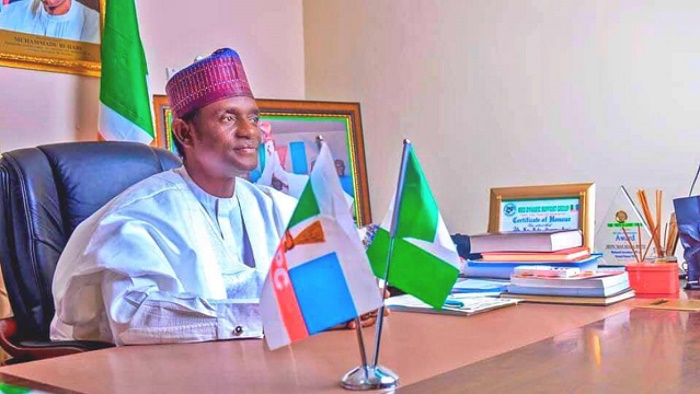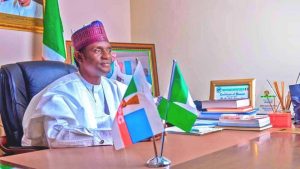Adding to its suite of e-learning courses, the Adaptation Fund (AF) has launched a new e-course to continue to help strengthen capacity building on gender mainstreaming in climate adaptation projects and programmes.
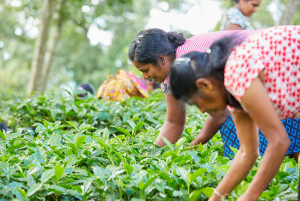
The Fund’s new E-Learning Course on Gender Mainstreaming focuses on integrating gender responsive approaches throughout the lifecycle of AF projects and programmes.
The e-course, organised into three modules, aids users in understanding the steps required to integrate gender mainstreaming throughout the project or programme lifecycle. The course is self-paced, can be completed in about an hour and is available for free to AF’s implementing entities and other interested stakeholders. The course will also be available in Spanish and French.
The brief, intuitive modules focus on each step in the development and implementation processes of AF projects and break down required steps across the project identification or concept stage, and the various proposal, implementation, monitoring, reporting and knowledge management stages.
The course utilises AF case studies to guide learners through critical steps at each of the project stages and provides access to templates and further support to guide them through their projects. The course also integrates quick quizzes to motivate users and assess what they learned.
“Climate change impacts women and girls in vulnerable countries often disproportionately and in ways that differ from impacts to men and boys. We are pleased to roll out this e-course on gender mainstreaming as another significant step in continued learning and sharing of Adaptation Fund experiences to advance a gender-responsive approach through all adaptation interventions,” said Mikko Ollikainen, Head of the Adaptation Fund.
“Over the years, the Fund has made great strides in promoting the advancement of gender equality and empowerment of women and girls, while strengthening institutional and technical capacities in the long-term to ensure gender considerations are included in project planning. We hope this course can benefit implementing entities and the adaptation community in mainstreaming gender equality for effective and sustainable adaptation efforts,” added Ollikainen.
The course presents several recommendations with examples from on-the-ground AF projects. For instance, it highlights the need for conducting a gender assessment early in the design stage and holding gender responsive stakeholder consultations at the beginning of project identification and through all stages of a project’s life cycle.
It provides case studies of AF-funded projects in India and Sri Lanka where community consultations were carried out. The results included inputs from women and vulnerable groups, gender-differentiated impacts and coping strategies, which ultimately informed the concept notes and fully developed project proposals.
Successful strategies for promoting gender equality often involve the process of identifying and assessing differentiated vulnerabilities, capacities and needs of women and girls, men and boys and integrating them into planned actions, including legislation, policies, programmes or other key areas to increase their effectiveness. Making the experiences and concerns of all people regardless of gender an integral part of the design, implementation, monitoring and evaluation of policies and programmes across political, economic and societal spheres is pivotal, so that different gender groups benefit and are empowered equally in adaptation activities.
These approaches that foster inclusiveness in turn help build the resilience of impacted communities as a whole.
Gender mainstreaming is one of the key objectives of the Fund’s Gender Policy and Gender Action Plan, which was adopted in March 2016 and updated in 2021. It explicitly sets gender equality and empowerment of women and girls as a key goal to be achieved to ensure sustainable, inclusive and effective adaptation actions, impacts and outcomes. In the Fund, gender mainstreaming has been integrated into not only the Fund’s policy framework but also its operations – from accreditation, readiness, projects and programmes to communication and knowledge management. Additionally, the Fund has strived to provide financial support for strengthening capacities of its national implementing entities related to gender mainstreaming and various non-financial support such as gender guidance documents and tools, gender trainings, and gender knowledge products.
“This first Adaptation Fund gender e-learning course is a great milestone in the Fund’s ongoing efforts to integrate gender considerations throughout its operations, and demonstrates our commitment to foster inclusive and equitable outcomes of adaptation projects and programmes,” said Ms. Young Hee Lee, the Fund’s gender focal point.
“We are confident that this course will help strengthen capacities of AF implementing entities and executing entities that are designing and carrying out projects on the ground, as well as other stakeholders so that they will take a proactive step towards creating more resilient and sustainable communities. We hope it will be a valuable tool and look forward to seeing its positive impact on projects and communities that AF serves,” stated Lee.
The e-course follows the 2022 release of an AF study on “Intersectional approaches to gender mainstreaming in adaptation-relevant interventions”, which examined the value of intersectional approaches in implementing gender mainstreaming strategies for adaptation projects to further enhance resilience of vulnerable women and communities.


